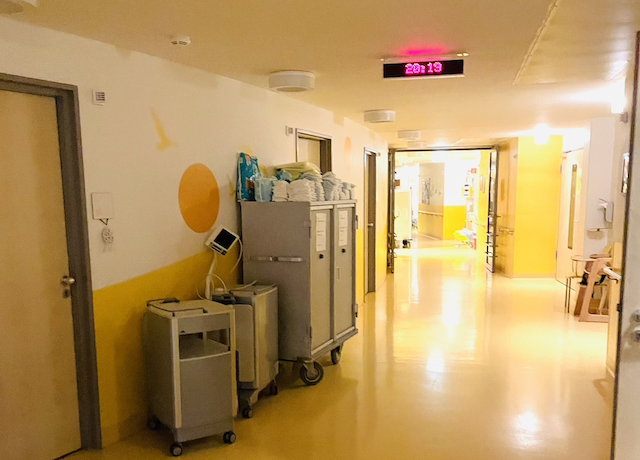Inclusive Debate Needed in Postnatal Care
Swiss healthcare debate on early discharge of new mothers calls for an inclusive, evidence-based approach in postnatal care
The evolving landscape of postnatal care, particularly the role and challenges of midwives in Switzerland, raises significant questions about optimal patient care, economics, and policy-making. The current debate, spurred by considerations of early hospital discharge for new mothers, calls for a more inclusive and evidence-based discussion involving all stakeholders.
The push for early hospital discharge of women following childbirth - within two days - has sparked a debate in Switzerland. This discussion, however, seems confined to media platforms, lacking the involvement of key players in the healthcare sector. The viewpoint of practicing midwife, Jolanda Rentsch highlights this gap, advocating for a roundtable dialogue encompassing various professionals: midwives, maternal advisors, gynecologists, pediatricians, and hospital authorities.

The question at the heart of this discussion is how to ensure optimal care for mother and child post-hospital discharge. The perspective of a midwife with experience in postpartum care is crucial in this context. It's suggested that this care should be both evidence-based and economically viable. Involving professionals directly engaged in postnatal care can lead to a more comprehensive evaluation of what this care should entail.
The reasoning for earlier discharge is also based on economic and policy realms. There are pressing questions about potential cost savings, the possibility of cost shifting to outpatient services, and the establishment of clear risk criteria for patient discharge. These considerations are vital in shaping healthcare policies that are both fiscally responsible and patient-centric.
The role of midwives in this evolving landscape is particularly challenging. For instance, in the Canton of Lucerne, families currently bear the cost of midwifery services during weekends, as these are not covered in the existing payment structure. This situation underscores the need for policy adjustments to ensure that midwives are adequately compensated and that families receive the necessary support without undue financial burden.
The discussion around postnatal care in Switzerland, especially regarding early hospital discharge, demands a multifaceted approach. This approach should encompass the viewpoints of various healthcare professionals, including midwives, and consider economic and policy implications.
We generally see an increase in open, evidence-based dialogues that prioritize the well-being of mothers and children while also addressing economic realities and policy frameworks.





